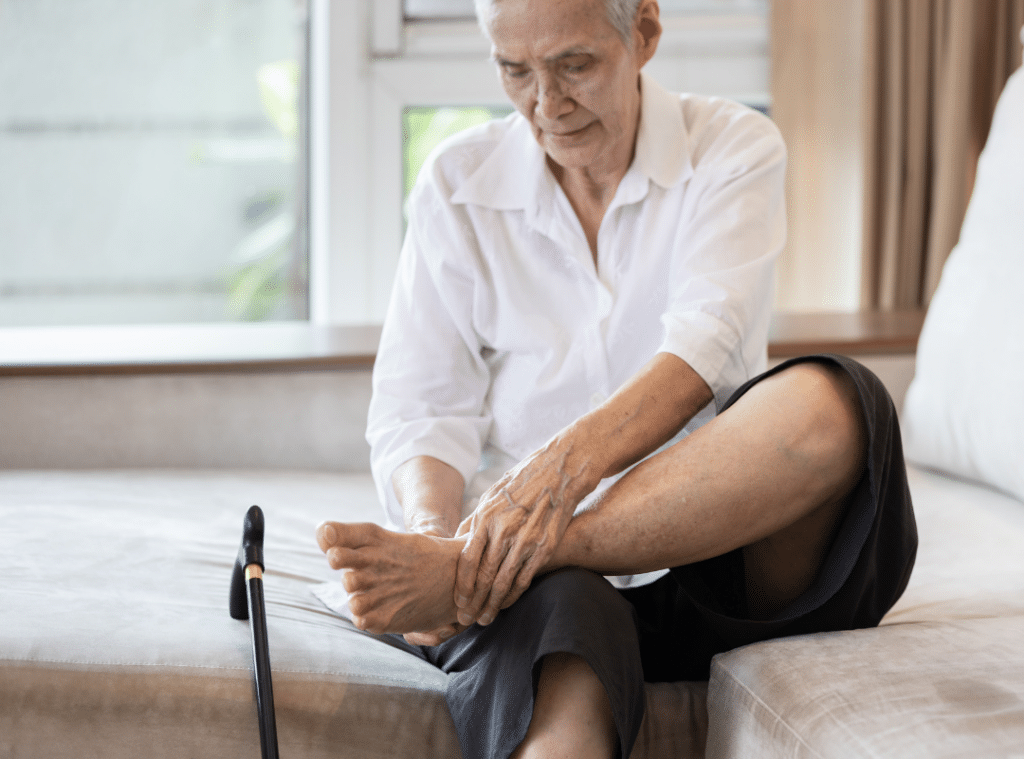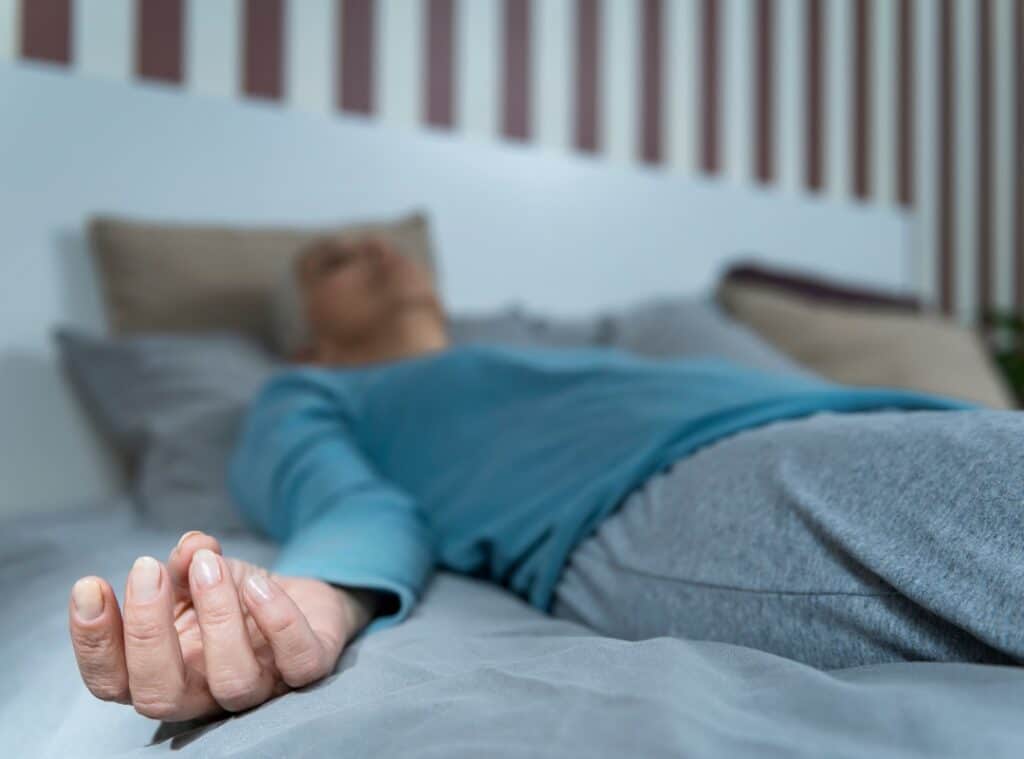Meditation for Anxiety and Sleep in Seniors: A Daily Guide
Finding inner calm is essential for seniors navigating stress and sleep issues. Meditation for anxiety and sleep offers powerful, non-invasive relief that can easily fit into your daily routine—no medications, just mindfulness and breathing.
Whether you’re looking for the best meditation for anxiety and sleep in seniors or exploring free meditation for anxiety and sleep in seniors, this guide will walk you through practical techniques and how to make meditation part of your lifestyle. With options like guided meditation for seniors scripts, and community programs, seniors can discover wellness through simplicity and focus.
For a peaceful and wellness-driven environment, visit Westmont of Brentwood.
Mindful Breathing: A Simple Way to Calm the Mind
One of the easiest ways to start your meditation journey is through mindful breathing. This technique brings your attention to your breath—slowly inhaling and exhaling—to activate the body’s natural relaxation response.
Breathing exercises stimulate the parasympathetic nervous system, which helps lower blood pressure and reduce anxiety. By doing this for just 5 to 10 minutes daily, you can notice improvements in both mental clarity and sleep patterns.
Pair this with guided meditation for seniors script sessions, which can help walk you through breathing steps. For seniors looking for accessible tools, consider apps like Insight Timer or Calm—both offer free meditation for anxiety and sleep in seniors with senior-friendly audio options.
Also, explore other relaxation techniques like body scans and progressive muscle relaxation to complement your breathwork.
Body Scanning for Better Sleep
Body scan meditation is a technique that encourages you to mentally check in with different parts of your body, noticing and releasing tension.
Start by lying down or sitting comfortably. Close your eyes and bring awareness to your toes, then slowly shift focus upward—calves, thighs, stomach, and so on—until you reach the top of your head.
This practice not only improves body awareness but can also relieve muscle tension and quiet the mind before bedtime. When combined with meditation for anxiety and sleep, body scans can become a foundation for improved rest.
Try pairing this with guided meditation for seniors script tools from community programs or YouTube resources geared toward older adults.
Learn more about soothing meditation techniques to enrich your sleep and wellness routine.
Progressive Muscle Relaxation: Release and Let Go
Progressive Muscle Relaxation (PMR) is a time-tested technique that helps relieve anxiety by tensing and relaxing specific muscle groups. It is especially effective for seniors who may carry tension unknowingly in various parts of their bodies.
Use the table below to guide your PMR session:
| Muscle Group | Tension and Relaxation |
| Hands and Forearms | Squeeze tightly, then release slowly |
| Shoulders | Lift toward ears, then drop naturally |
| Jaw | Clench gently, then let go |
| Stomach | Tighten abdominal muscles, then relax |
| Legs and Feet | Flex your feet upward, then release tension |
Practice PMR before bedtime to engage your muscles in a calming cycle of awareness and release.
As one of the best meditation techniques for anxiety and sleep in seniors, PMR can also assist those experiencing chronic conditions like arthritis or fibromyalgia by promoting a better body-mind connection. Learn how it helps manage anxiety in seniors.
Visualization: Imagining Your Way to Sleep
Many seniors struggle to fall asleep because of racing thoughts. Visualization exercises allow you to create soothing mental images—like walking through a forest or lying on a quiet beach—that gradually ease mental tension.
To try this method, close your eyes and picture a peaceful location. Imagine the sounds, smells, and textures around you. The more details you can include, the more effective this technique becomes.
Visualization is a highly recommended meditation for anxiety and sleep practice. It’s especially useful when combined with audio-guided sleep meditations or nature soundtracks.
If you’re unsure how to begin, explore free meditation for anxiety and sleep in seniors through Headspace or community programs that offer meditation for seniors near you.
Also, take a look at the importance of restful sleep and how it affects your overall wellness.

Making Meditation a Daily Habit
Integrating meditation into your daily life doesn’t require large time commitments—just consistency. Begin by scheduling 5–10 minutes each morning or evening. Create a calm space, set your intention, and practice either mindful breathing or a short body scan.
Over time, this consistency creates a routine that your body and mind begin to expect. For those who prefer assistance, guided meditation for seniors scripts or community classes can offer structure and support.
For residents interested in meditation for seniors near you, Westmont of Brentwood offers programs and wellness sessions tailored to older adults. These programs focus on balance, breath, and calming techniques that promote a restful night’s sleep.
Explore how meditation can also support memory health and emotional wellness. It may even reduce anxiety-related cognitive decline.
Finding Meditation Resources Near You
Community centers, libraries, and senior living communities often host free meditation for anxiety and sleep in seniors. These sessions may include breathing exercises, gentle movement, and guided visualizations.
To find these resources:
- Ask your healthcare provider for referrals.
- Contact local senior centers or YMCAs.
- Explore public offerings on platforms like Eventbrite or through Facebook Events.
- Reach out to meditation for seniors near you programs at wellness studios.
At Westmont of Brentwood, we recognize how these techniques support holistic health for older adults and are proud to incorporate them into our community offerings.
Why Meditation Matters for Seniors
Meditation isn’t just about relaxation—it’s about reclaiming control over your mind and emotions. As we age, challenges such as isolation, sleep disruption, or physical discomfort can increase anxiety.
With simple practices like mindful breathing and visualization, seniors can cultivate resilience and better mental health. These habits lead to better sleep quality, reduced stress, and improved quality of life.
It’s never too late to begin. Whether you explore the best meditation for anxiety and sleep in seniors through guided programs or start with your breath at home, each moment you dedicate to stillness brings you closer to peace.
Embrace Serenity: Your Path to Better Sleep Starts Now
By incorporating meditation for anxiety and sleep into your daily routine, you can unlock greater mental clarity, restful nights, and emotional wellness. Whether it’s practicing a body scan, listening to a guided meditation for seniors script, or joining meditation for seniors near you, each technique offers a chance to restore balance.
At Westmont of Brentwood, we champion holistic wellness. Call us today at 925-516-8006 to learn more about our community programs. Or schedule a tour to experience our peaceful and supportive environment firsthand.
Let meditation guide you—one breath, one moment, one night of better sleep at a time.
Dive into the vibrant life our Westmont communities have to offer.Find Where You Belong
Frequently Asked Questions
How do you meditate for sleep anxiety?
To meditate for sleep anxiety, start by lying down in a comfortable position and closing your eyes. Focus on your breathing—take slow, deep breaths in through your nose and out through your mouth. Use guided meditations or calming music to help you stay centered and relaxed. Let your thoughts pass without judgment and gently return your focus to your breath when your mind wanders.
How to meditate for seniors?
Meditation for seniors can be simple and highly effective. Begin with a comfortable seated position—either in a chair or on a cushion—and close your eyes. Focus on slow, deep breathing or use a mantra to maintain mental clarity. Many seniors benefit from guided meditations or apps that provide gentle instructions. Start with 5 to 10 minutes daily and increase as comfort grows.
Is 30 minutes of meditation equal to sleep?
While 30 minutes of meditation offers many restorative benefits, it does not replace actual sleep. Meditation can reduce stress, calm the nervous system, and promote mental clarity, much like sleep does. However, sleep is essential for physical healing and memory consolidation, which meditation alone cannot fully provide. That said, meditation may improve sleep quality by easing insomnia or anxiety.
How to meditate to calm anxiety?
To calm anxiety through meditation, find a quiet space and sit or lie down comfortably. Focus on your breath—inhale deeply, hold briefly, and exhale slowly. You can also try body scans, mindfulness, or visualization techniques to release physical tension and racing thoughts. Practicing daily, even for just a few minutes, can significantly reduce anxiety over time.








